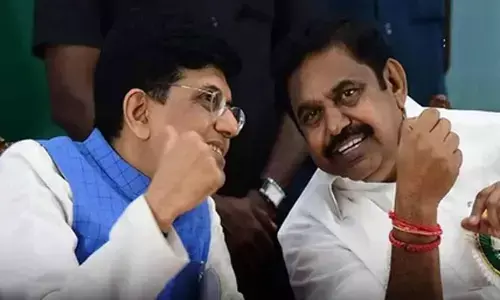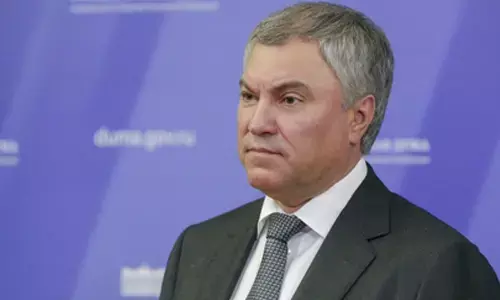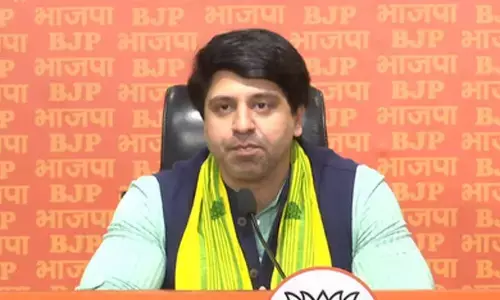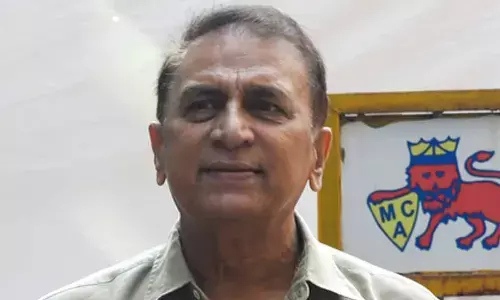PM Modi Takes Hard Line On Pakistan Following Operation Sindoor: "Water And Blood Cannot Flow Together"
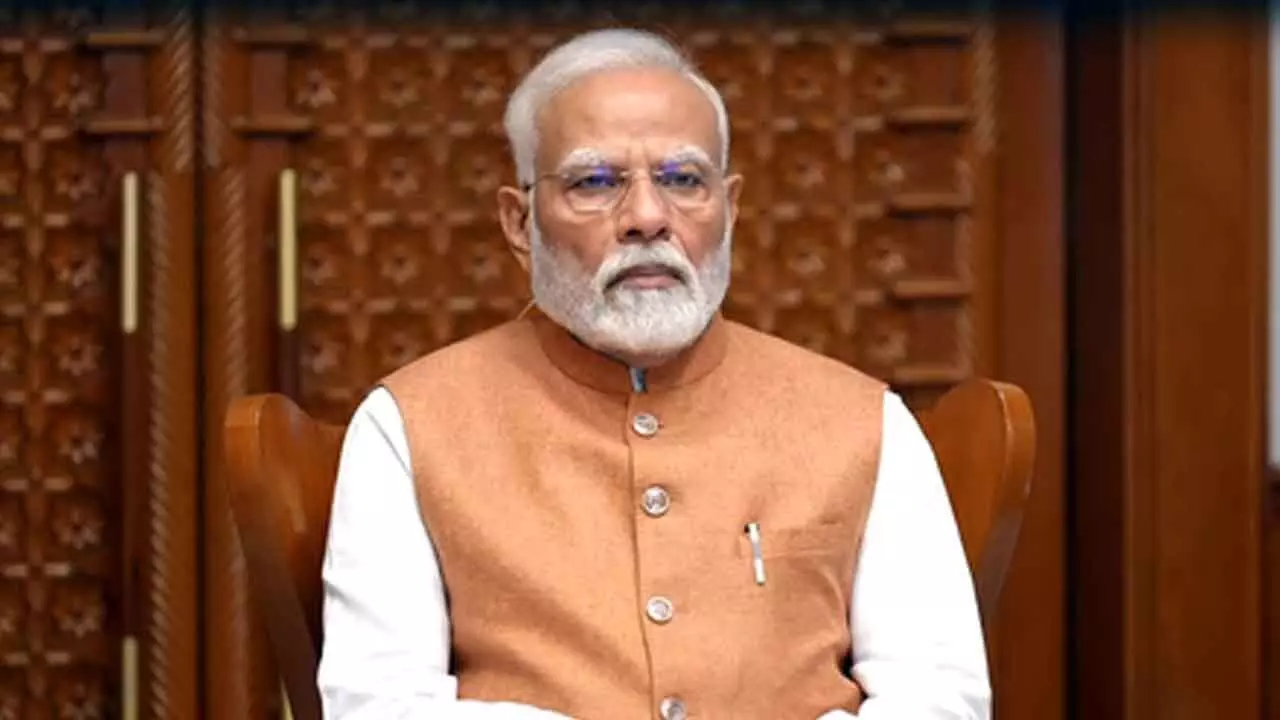
In his first address after Operation Sindoor, Prime Minister Narendra Modi emphasized India's resolute position against cross-border terrorism, suspended the Indus Waters Treaty, and stated that any future dialogue with Pakistan would focus solely on terrorism and Pakistan-occupied Kashmir.
Prime Minister Narendra Modi delivered his first national address following Operation Sindoor on Monday, reinforcing India's unwavering position against cross-border terrorism with the declaration that "terror and trade cannot go hand in hand." The operation has escalated tensions between India and Pakistan to unprecedented levels, bringing the two nuclear-armed nations perilously close to full-scale conflict.
Addressing the suspension of the Indus Waters Treaty—a diplomatic countermeasure implemented after the Pahalgam terror attack—PM Modi asserted that "water and blood cannot flow together." This marks the first suspension of the landmark 1960 water-sharing agreement brokered by the World Bank since its inception, signaling a significant shift in India's diplomatic approach toward Pakistan.
The Prime Minister established clear parameters for any potential dialogue between the two nations, stating that discussions would exclusively focus on terrorism and the return of Pakistan-occupied Kashmir (PoK). "India's position has been consistent—terror, trade, and talks cannot coexist," Modi emphasized.
In his address, Modi criticized Pakistan's support for terrorist organizations, warning that the Pakistani military and government's continued nurturing of terrorism would ultimately lead to the country's own downfall. "If Pakistan seeks self-preservation, it must dismantle its terror infrastructure—there is no alternative path to peace," he stated.
On May 7, India conducted strikes against nine terrorist camps in Pakistan and PoK—the first aerial operations against the neighboring country since the 1971 war—eliminating over 100 terrorists. These precision strikes targeted facilities linked to Jaish-e-Mohammed (JeM), Lashkar-e-Taiba (LeT), and Hizb-ul-Mujahideen.
In response, Pakistan escalated hostilities by launching drone and missile attacks on Indian military installations and border communities across Jammu and Kashmir, Punjab, and Rajasthan. India retaliated with decisive counterattacks on multiple Pakistani military facilities, including air bases at Rafiqui, Murid, Chaklala, Rahim Yar Khan, Sukkur, and Chunian. Precision munitions were also used to target radar installations at Pasrur and Sialkot aviation bases, causing extensive damage.
The confrontation paused only after Pakistan's Director General Military Operations contacted his Indian counterpart seeking de-escalation. Prime Minister Modi revealed that India considered Pakistan's request only after receiving assurances that Pakistan would cease further attacks. However, he emphasized that this represents merely a pause rather than a conclusion to the conflict.










